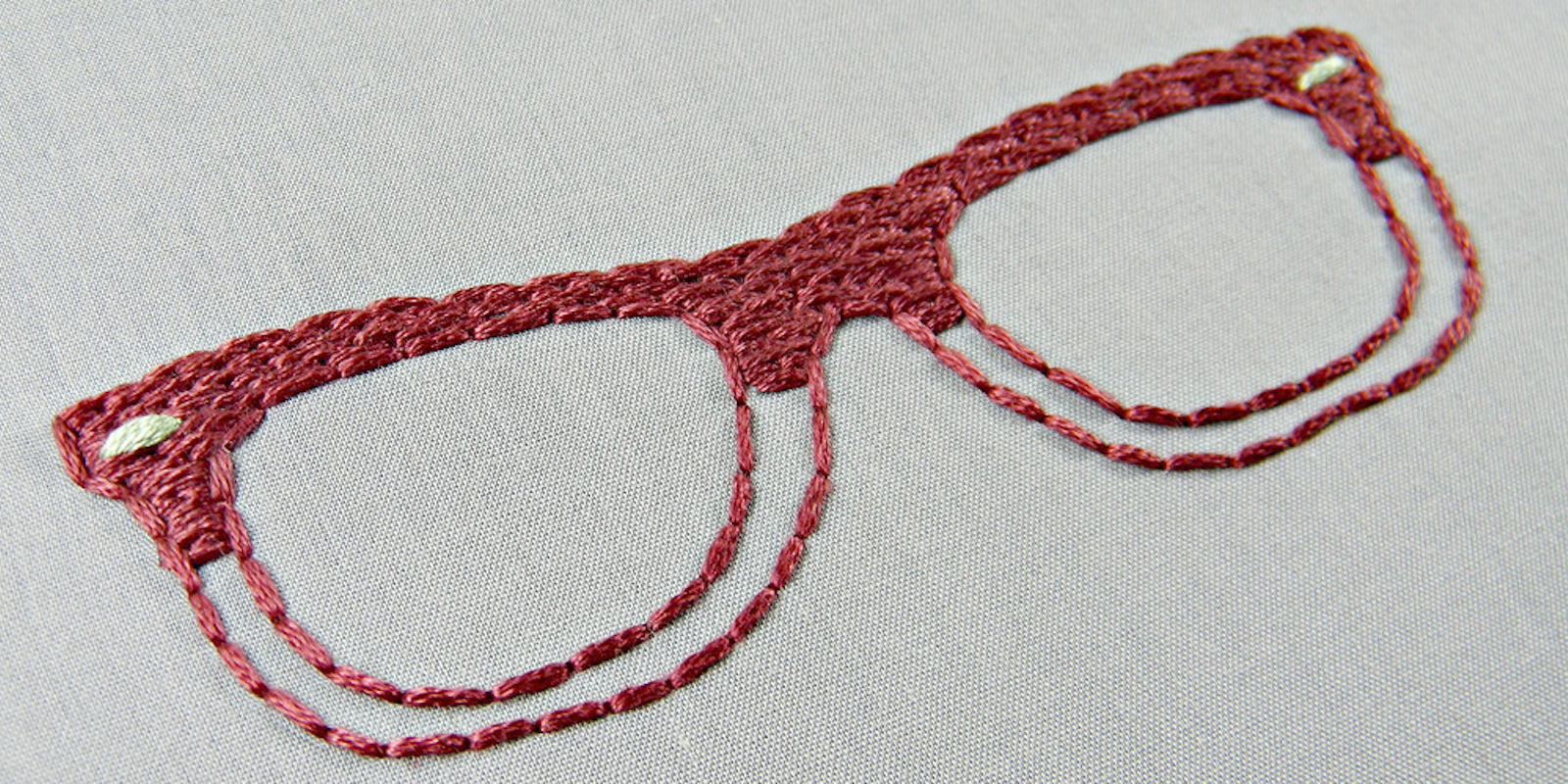Before the end of the year, we could be seeing some surprising new Amazon Alexa products. Amazon is reportedly working on a pair of smart glasses, along with an Amazon Echo-based home security camera, according to the Financial Times. But are you ready to wear Alexa?
You can only access Amazon’s Alexa AI from Amazon’s iOS or Android apps, or from an Amazon Echo product in your home. With a pair of smart glasses, however, you’d be able to summon Alexa at any time, simply using your voice. The FT reports that these Alexa glasses would be earbud-free. They’d use bone conduction technology so that you can hear Alexa’s responses without broadcasting them too loudly to the world.
Unlike Google’s old attempt at smart glasses, Google Glass, these spectacles would look just like a normal pair of glasses. They’ll have no camera, and no screen. They would, however, need to have an always-on microphone for listening for Alexa queries. Passersby would have no idea you were wearing smart glasses—that is, until they catch you talking to yourself.
To enable that sleek aesthetic, the glasses would connect to your phone. They’d likely pass off things like pinging Amazon’s servers and performing CPU-intensive tasks to its accompanying smartphone app, rather than performing those operations on the glasses themselves. According to the report (and LinkedIn), a number of original Google Glass researchers are working on the project.
These Alexa glasses would be Amazon’s first stab at a wearable device.
In addition to these smart glasses, Amazon is also reportedly working on an “Echo Protect” security camera. This would tie Amazon more deeply into the smart home space. Right now its only smart home products are its Amazon Echo range of speakers. For those that own the Echo Show though, which has a small screen, this camera would be able to stream video to that device.
As Amazon doesn’t comment on rumors or speculation as company policy, we’ll just have to wait and see whether Amazon’s Alexa glasses and security camera come to fruition later this year.
H/T Financial Times


